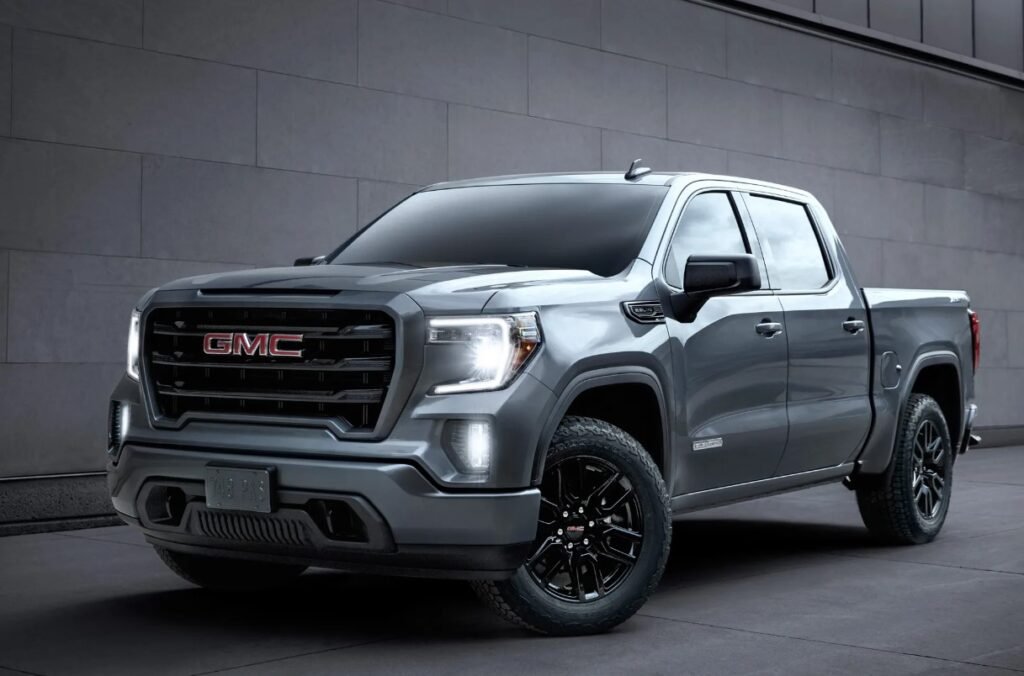General Motors, one of the leading automakers in the world, has been facing some serious challenges with its new line of electric vehicles (EVs) based on the Ultium platform. The Ultium platform is a common EV architecture that GM plans to use for all its future EV models, aiming to go all-electric by 2035. However, the Ultium EVs that are currently on sale, such as the Chevrolet Blazer EV, the Cadillac Lyriq, and the GMC Hummer EV, have been plagued by software issues, charging problems, and customer dissatisfaction.
One of the most common and frustrating problems reported by Ultium EV owners is the malfunctioning of the infotainment system. The infotainment system is the central hub of the vehicle, controlling the navigation, entertainment, climate, and other features. However, many owners have experienced the infotainment system crashing, rebooting, flickering, or displaying incorrect information. Some owners have also reported that the infotainment system affects the charging system, preventing the vehicle from charging or displaying inaccurate battery levels.

Edmunds, a leading automotive website, bought a 2024 Chevy Blazer EV for its long-term fleet, and encountered 23 fault codes in less than two months of ownership. The Blazer EV had multiple infotainment and charging issues, as well as reduced acceleration and one-pedal driving. The vehicle spent more than two weeks at the dealership, and the problems were not resolved. Edmunds described the list of faults as “the single longest list of major faults we at Edmunds have ever seen on a new car.”
GM Issues Stop-Sale and Software Update for Blazer EV
In response to the widespread complaints, GM issued a stop-sale order for the 2024 Blazer EV on December 22, 2023. The stop-sale order means that dealers cannot sell any new or used Blazer EVs until the issues are fixed. GM also announced that it will roll out a major software update for the Blazer EV, which will address the infotainment and charging problems, as well as improve the vehicle’s performance and efficiency.
Scott Bell, vice president of global Chevrolet, said in a statement, “We’re aware that a limited number of customers have experienced software-related quality issues with their Blazer EV. We apologize for any inconvenience this may have caused and we are working hard to deliver a software update that will resolve these issues as soon as possible.” Bell also said that GM is confident in the Ultium platform and its potential to deliver a superior EV experience.
Ultium EV Production and Sales Fall Short of Expectations
The software glitches are not the only problem that GM is facing with its Ultium EVs. The automaker has also struggled to meet the production and sales targets for its new EV models, due to the global chip shortage, supply chain disruptions, and low consumer demand. GM sold about 6,900 Ultium-based EVs between the start of the year and the end of Q3, which is far below the company’s goal of selling 1 million EVs per year by 2025.
GM CEO Mary Barra said in a conference call on November 29, 2023, “Although I am disappointed with our Ultium-based EV production in 2023, we have made substantial improvements.” Barra explained that the production bottleneck was caused by the automation of the battery module assembly, which is a complex and critical process. She said that GM expects to significantly increase its Ultium EV production in 2024, and launch more models, such as the Chevrolet Equinox EV, the Cadillac Escalade IQ, and the GMC Sierra EV.
GM Faces Competition and Criticism in the EV Market
GM’s Ultium EVs are not only competing with other established automakers, such as Tesla, Ford, and Volkswagen, but also with new entrants, such as Rivian, Lucid, and Fisker. These competitors have been offering innovative and attractive EV models, with advanced technology, design, and performance. Some of them have also received positive reviews and awards from the media and customers.
GM’s Ultium EVs have been criticized for being too expensive, too conservative, and too late to the market. For example, the Chevy Blazer EV starts at $59,995, which is more than twice the price of the gas-powered Blazer. The Cadillac Lyriq starts at $58,795, which is higher than the Tesla Model Y and the Ford Mustang Mach-E. The GMC Hummer EV starts at $79,995, which is more than the Rivian R1T and the Ford F-150 Lightning. Some critics have also argued that GM’s Ultium EVs lack the wow factor and the innovation that customers expect from EVs.
GM Remains Committed to its EV Vision
Despite the challenges and the criticism, GM remains committed to its vision of becoming an all-electric automaker by 2035. The company has invested $35 billion in EV and autonomous vehicle development, and plans to launch 30 new EV models by 2025. GM also aims to offer EVs for every segment, price point, and customer preference, as well as to expand its global EV presence.
GM believes that its Ultium platform is the key to its EV success, as it offers a flexible, scalable, and modular architecture that can accommodate various vehicle types, sizes, and ranges. GM also claims that its Ultium batteries are cheaper, lighter, and more efficient than the conventional lithium-ion batteries, and that they can deliver up to 450 miles of range on a single charge. GM hopes that its Ultium EVs will eventually win over the customers and the market, and prove that GM is a leader and an innovator in the EV industry.
